- 112 Posts
- 131 Comments
Until it is suddenly there, while you are unprepared to do anything about it.
Matrix seems like the one with most potential to develop into a 1:1 Discord alternative.
Then you have XMPP, Mattermost, RocketChat, whatever Revolt.chat renamed itself into, etc.

 5·2 months ago
5·2 months agoYes, and so is a virtual machine. I’m thinking install Linux to disk so that it can then run directly on hardware.

 51·2 months ago
51·2 months agoYes, this is something that should be taken into account when designing this software.
Set dual-boot as a default / design UI in a way that offers dual-boot as a preferred option.
And many other technical issues will probably appear that will have to be figured out.
But I think that at least even thinking about this is a good start.
Also, this reminds me of 2013, when people accidentally nuked their Windows installs with Linux because they wanted to get the Tux in Team Fortress 2 (Valve gave it to people who played Linux version of TF2).
and this year Android also surpasses Ubuntu for personal use (29% vs. 28%).
lol why bother with same OS category when you can just compare across whichever fields you want

 4·3 months ago
4·3 months agoApparently not good enough lol. Still marked as bot.
Oh, this video by Digital Foundry is also relevant:
Hands-On With Steam Machine: Valve’s Beautiful PC/Console - Specs, Impressions And More
https://www.youtube.com/watch?v=2rv83LgXiN0

 7·4 months ago
7·4 months agorelevant: https://coopcycle.org/

 1·4 months ago
1·4 months agoI’m sure that there are games (either video games or IRL physical games) designed for this. Some simple “here are some possible instructions, use them to achieve some goal” thing.
Something like described here:
https://wiredme.com/blog/active-coding-games-for-kids/
But I am interested in knowing more examples of such games. Is there any Wikipedia article for this category of games? Is there any list with more of them described?

 1·4 months ago
1·4 months agoIs the “Projects” section of https://the-federation.info/ what you are looking for?
Don’t know, but other three Invidious instances listed on https://redirect.invidious.io/watch?v=CBCujAQtdfQ seem to work.

 71·7 months ago
71·7 months agololwat. can you explain the reasoning in your second paragraph?
Also I’m not sure that your definition of Enshittification is correct.

 18·7 months ago
18·7 months agothere was this satirical “web browsing simulator 2025” or something like that where you had to do all those things.
but I don’t remember the exact name and can’t find it with a search engine. Maybe someone else knows what I am talking about.

 141·10 months ago
141·10 months agoI was not aware of the issue that downvotes negatively affect mental health.

 10·10 months ago
10·10 months agoYUNOHost iso is basically just Debian, but the one-click-install for various self-hosted things is it’s primary purpose. All done through web interface.
cool idea
concept somewhat reminds me of OpenDesk
https://en.wikipedia.org/wiki/Opendesk
Which I know about because it uses the same name as https://opendesk.eu/en/ , which I am actually interested in.
https://gitlab.opencode.de/bmi/opendesk/gitlab-profile/-/blob/main/README_EN.md

 3·10 months ago
3·10 months agoIsn’t that exactly the beauty of the fediverse?

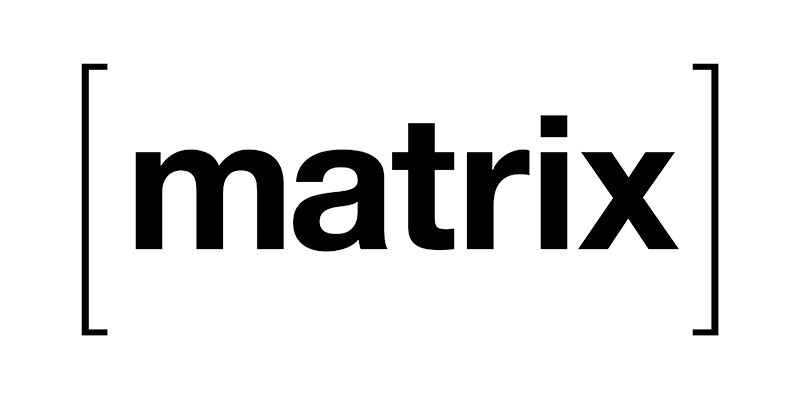




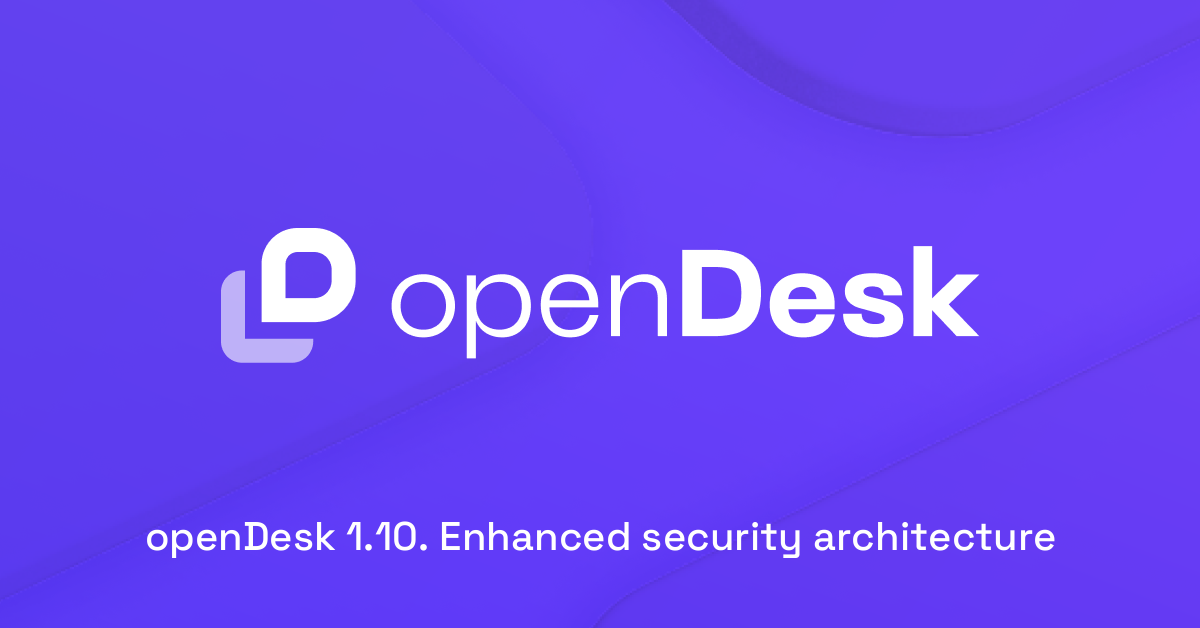
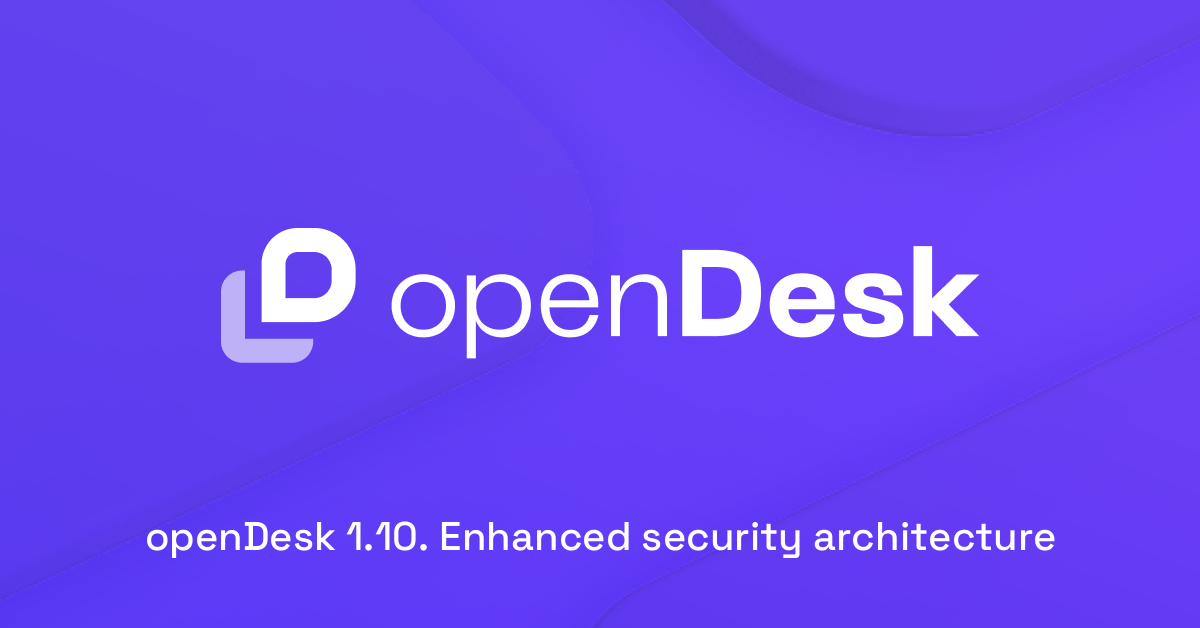








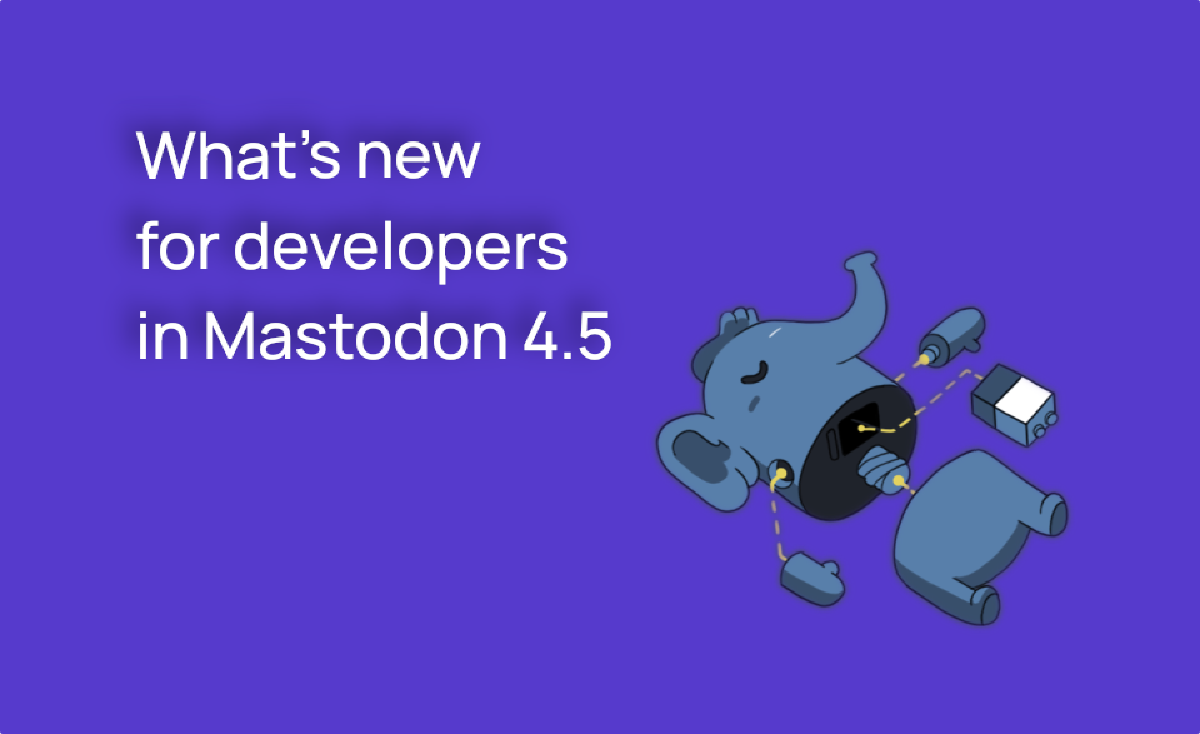

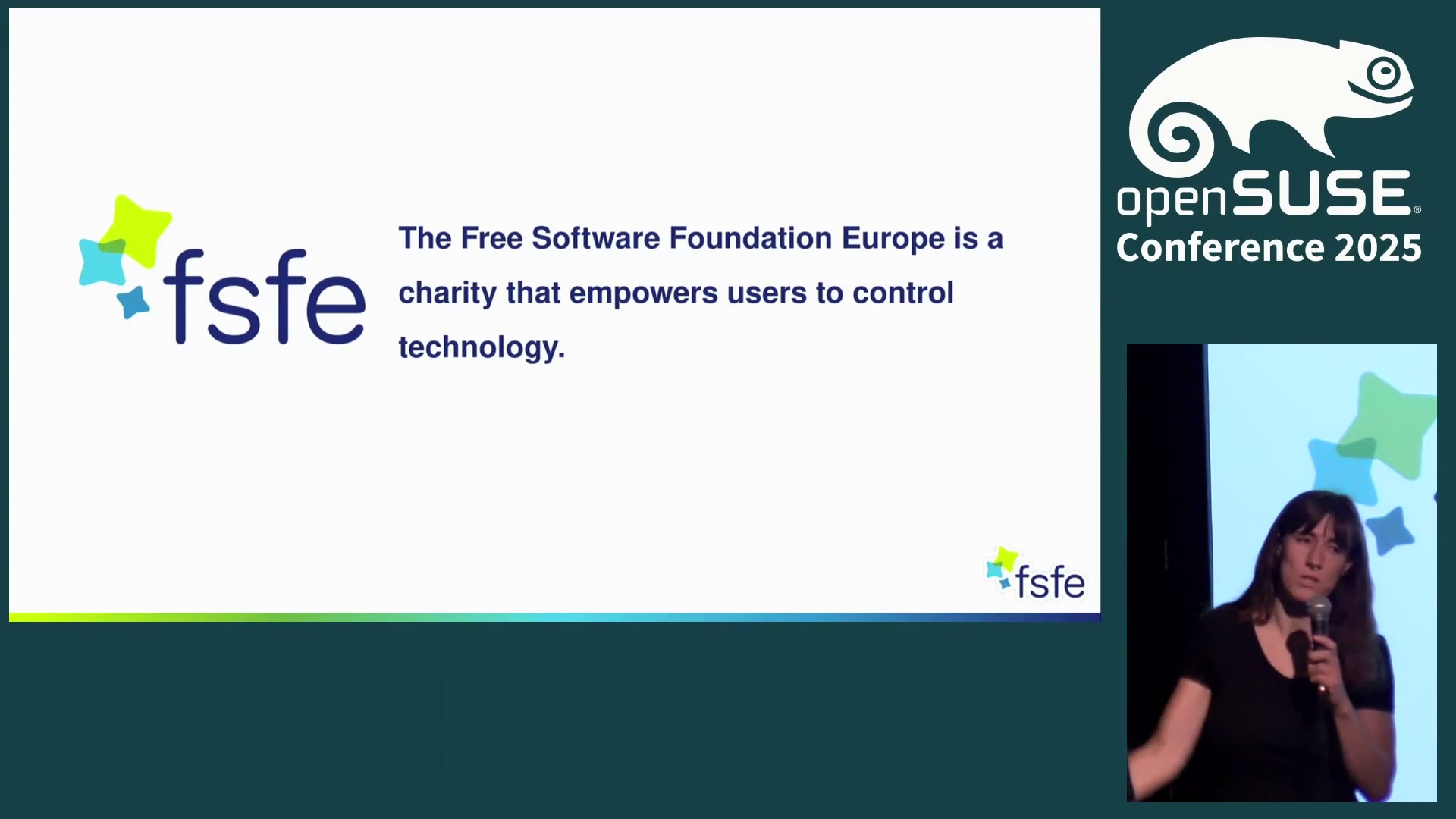
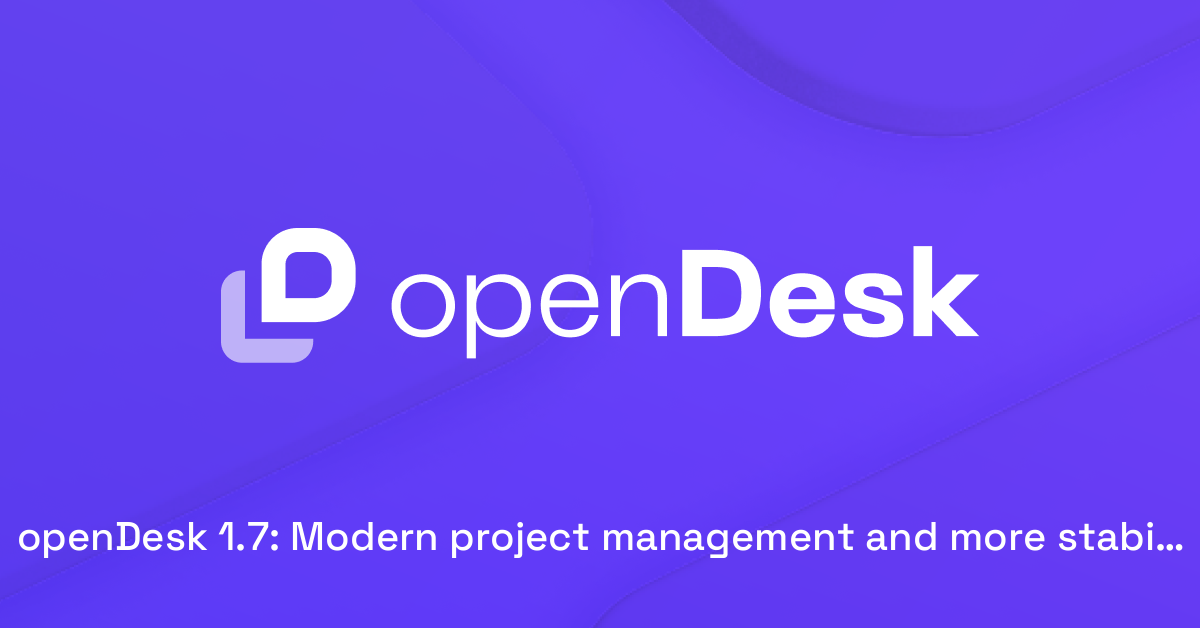
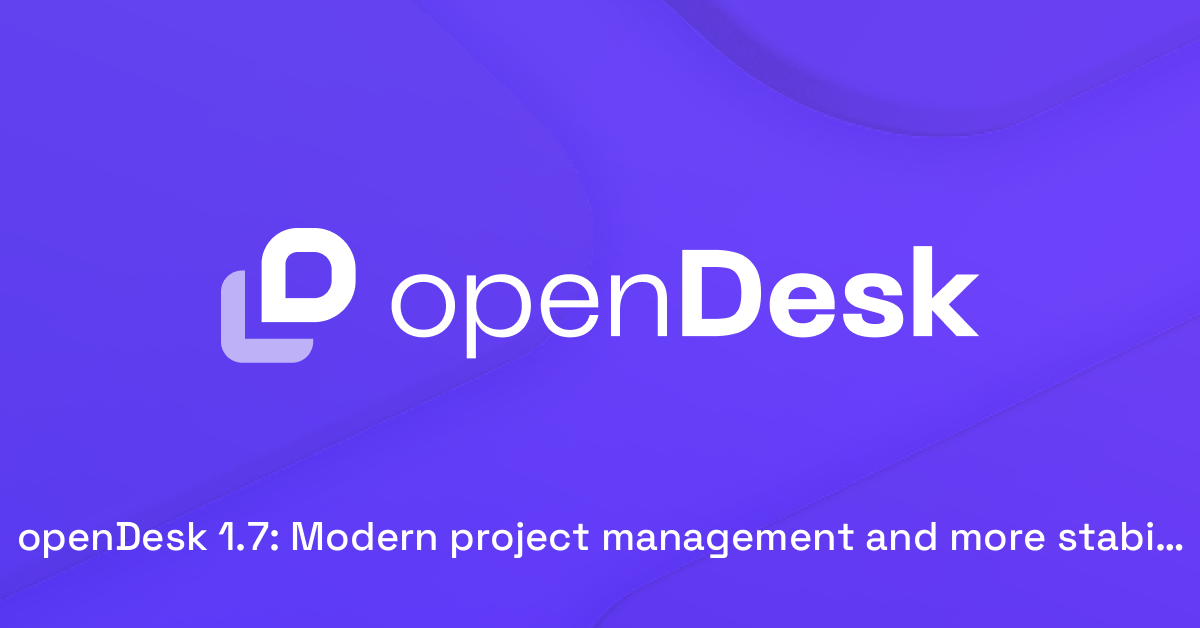
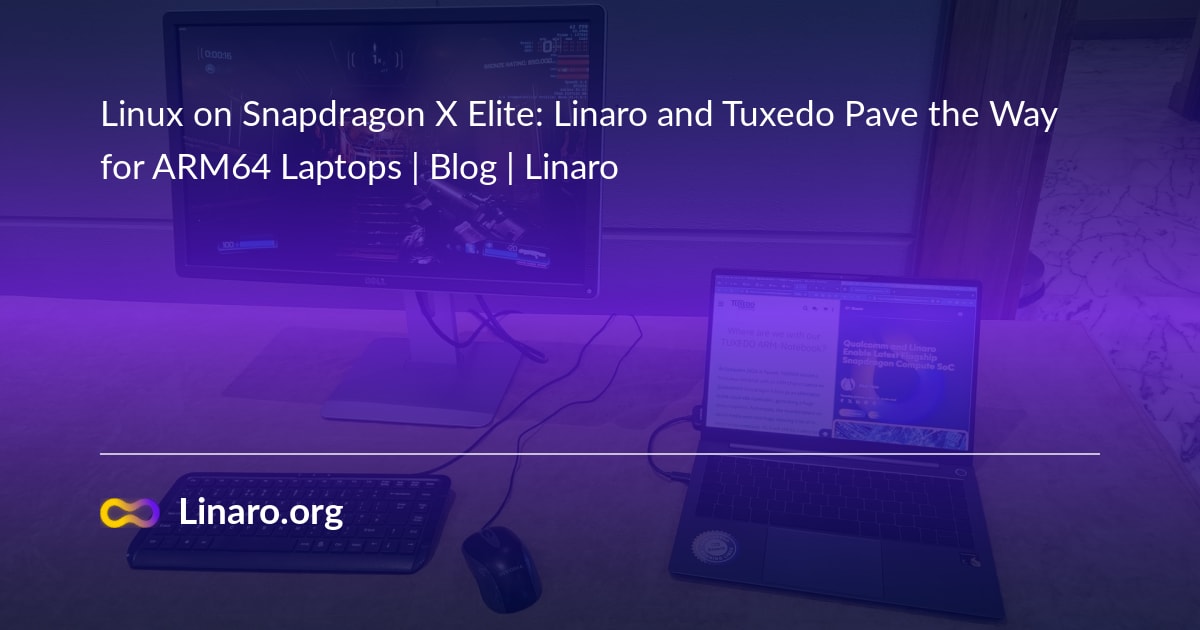


Impressive. Always nice to see more interoperability.
Also, I fail to see how second link has anything to do with Bluesky federation.Oh, I see, that specific reply is from Bridgyfed.